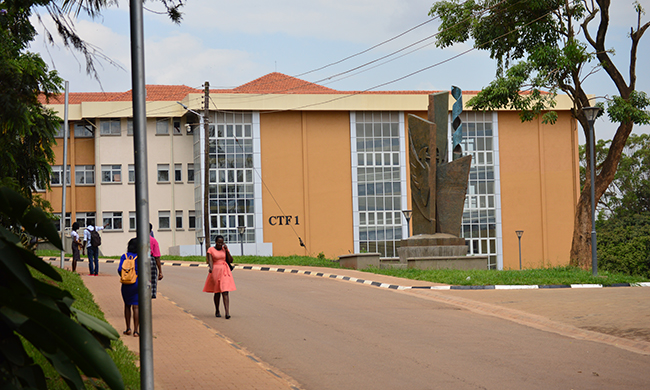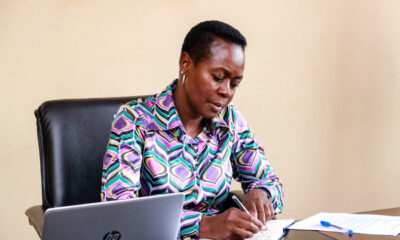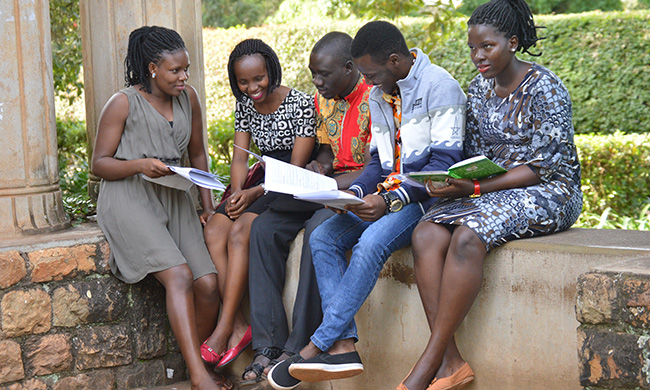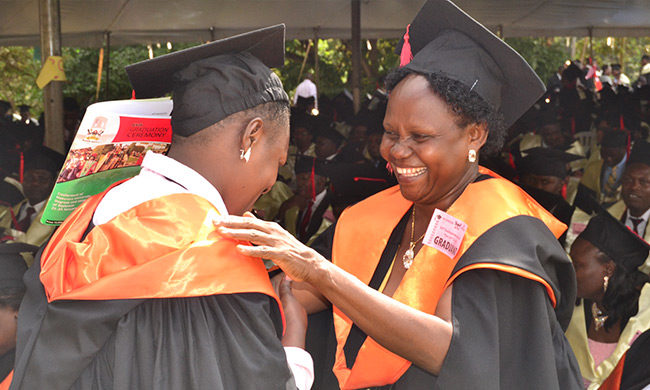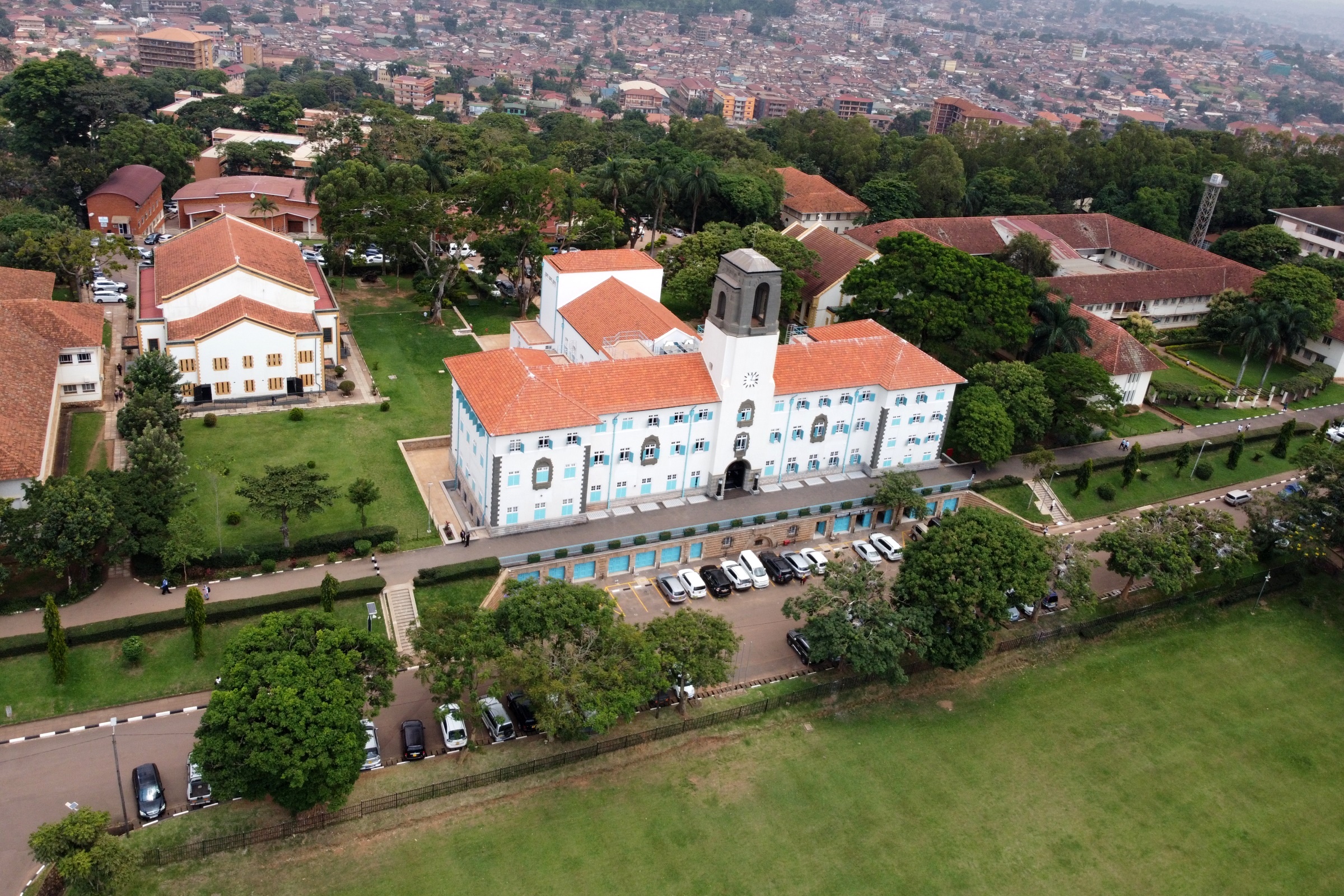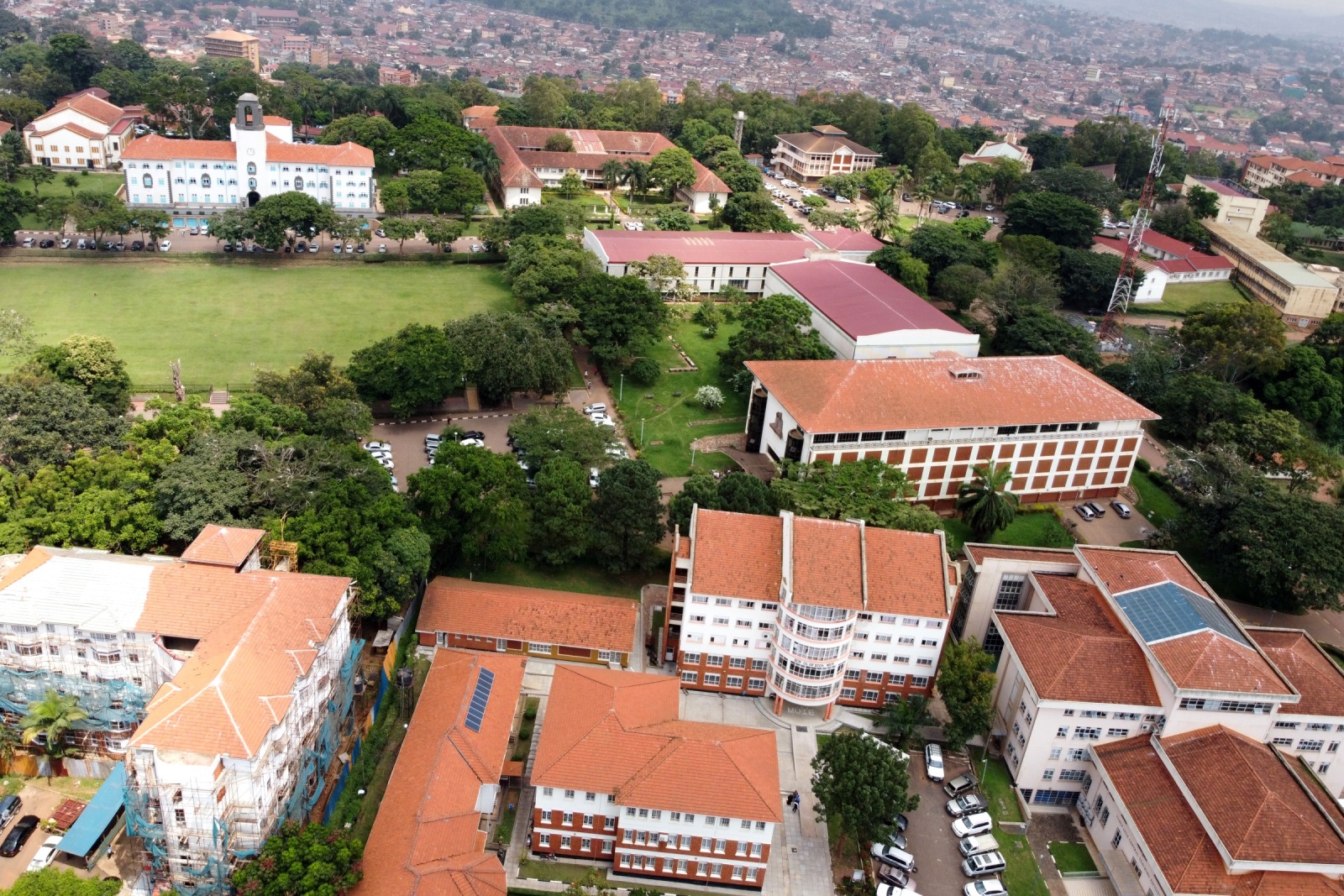To All Students
On behalf of Makerere University community, it brings me great joy to welcome you to Makerere University .
First Year students (Freshers) are by tradition given an “acclimatization” period of one week which is referred to as the “Orientation Week”. The Freshers report on Campus one week earlier than the Continuing students and during this week they are introduced to the key facilities in the University as well as other important aspects of life at the University.
Schedule of Semesters for 2021/2022 Academic Year
Orientation Week:
Getting used to a new place can be pretty daunting, but that is what orientation week is all about; getting to know your surroundings, meeting students and staff members. This makes you feel comfortable enough to hit the ground running when the semester starts. It is a great chance for you to familiarize yourself with the University.
Saturday 29th January, 2022 to Friday 4th February, 2022 (7 Days) – Orientation Week
Semester One
Saturday 5th February, 2022 to Saturday 15th May, 2022 (14 Weeks)
Semester Two
Monday 30th May, 2022 to Sunday 4th September, 2022 (14 Weeks)
During this week, arrangements are made to enable the Freshers meet and be addressed by Key Officers, Wardens and Student Leaders who welcome the students.
Arrangements are also made to enable the Freshers acquaint themselves with such key facilities at the University like the Library, University Hospital, Games and Recreation Facilities etc.
Freshers are expected to take advantage of the week to survey and acquaint themselves with the general Campus lay out. Another major activity during the Orientation Week is Registration.
All Freshers must ensure that they are registered first centrally and then with each of their respective Colleges/Schools/Departments/Halls.
ORIENTATION WEEK
Saturday 29th January, 2022- Friday 4th February,2022
Resident Freshers report to their respective halls of residence or private hostels by 5.00 p.m. It is the responsibility of each student to make his/her own travel arrangements to the University or private hostel.
Monday 31st January, 2022 to Friday 4th February, 2022 will be orientation for all Freshers at Colleges/Schools.
During this period all Freshers shall report to their respective Colleges for meetings with the University officials starting at 9.00 am every day. College Principals and Registrars will issue the orientation programmes for their Colleges.
Registration
For a candidate to be considered a bonafide student of the University, he/she must be registered. Registration is a mandatory requirement of the University which must be done within the first two (2) weeks from the beginning of the semester by every student. Privately sponsored students will pick their original admission letters after payment of 60% tuition and all functional fees from their respective colleges.
Registration will commence on Monday 31st January, 2022 starting at 9.00 a.m. each day at the respective Schools.
Ensure that you complete all the required registration formalities within the prescribed time in order to avoid disappointments later. College/School Registrars will provide registration programmes.
Registration Requirements
Admission to Makerere University is a provisional offer made on the basis of the statement of your qualifications as presented on your application form. The offer is subject to verification of your academic documents and payment of university fees.
For registration purposes, all first year students MUST produce their original documents.
The fees structure for privately sponsored students is attached to their provisional admission letters.
In the meantime the fees structure for 2021-2022 Academic Year and academic policies can be viewed from the university website at https://www.mak.ac.ug/admissions/payment-methods-fees-structure.
All freshers MUST have laptop computers as one of the essential tools for study purposes for their programmes.
Other Fees
- National Council for Higher Education fee (Per Year)- Shs.20,000/=
- (Payable to the National Council for Higher Education Account in Stanbic Bank )
- UNSA Subscription fee(per year)-Shs.2,000/=(payable to Stanbic Bank, City Branch, A/C 0140007248501).
Change of Programme/Subjects
(a) Change of Programme
Since selection for specific programmes was made according to each candidate’s performance and order of programme choices, taking into account the available subject combinations and time-table limitations, there is normally little need to change the programme or subjects. However, some places become vacant when some of the students admitted do not take up the offers. Such places are filled through the change of programme/subjects.
Students who wish to change programmes first of all register according to the registration time-table for the programmes and subjects (where applicable) to which originally have been admitted. Each student who may wish to change his/her programme/subject is required to pay an application fee of Shs.6,000/= plus the bank charges to banks used by Uganda Revenue Authority.
(b) Change of Subjects
Students in the College of Humanities and Social Sciences, Natural Sciences or the College of Education and External Studies may wish to change their subjects. Change of Subject will be done online on payment of Shs.6,000/= to banks used by Uganda Revenue Authority.
Students should be aware that changing one subject may result in a change of College. Before students apply to change their programmes, Colleges and Subjects, they are encouraged to seek advice on the cut-off point(s) for programmes, requirements for specific subjects and possible subject combinations.
Students are notified and warned about this Senate ruling that any one transferring to another subject or College without proper authority will be liable to discontinuation from the University.
A student who has been permitted to change his/her programme or subject(s) is issued with a letter stating so, and on receipt of such a letter that student should complete the ACCEPTANCE part and return a copy of each to the Undergraduate Admissions and Records Office, the former College/School and the new College/School.
Online applications to change of programme/subjects will be open from Monday 24th January, 2022 to Friday 4th February, 2022.
N.B: It is advisable that only those students who meet the cut-off points for the desired programmes may apply.
Alfred Masikye-Namoah
ACADEMIC REGISTRAR
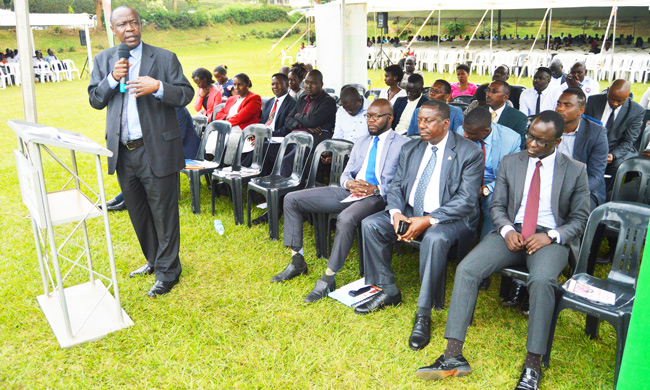

 General1 week ago
General1 week ago
 General6 days ago
General6 days ago
 General1 week ago
General1 week ago
 General2 weeks ago
General2 weeks ago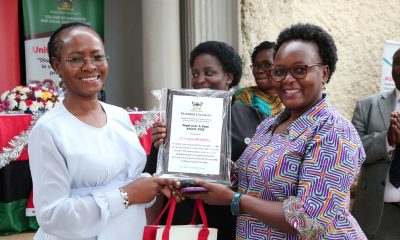
 Humanities & Social Sciences2 weeks ago
Humanities & Social Sciences2 weeks ago
